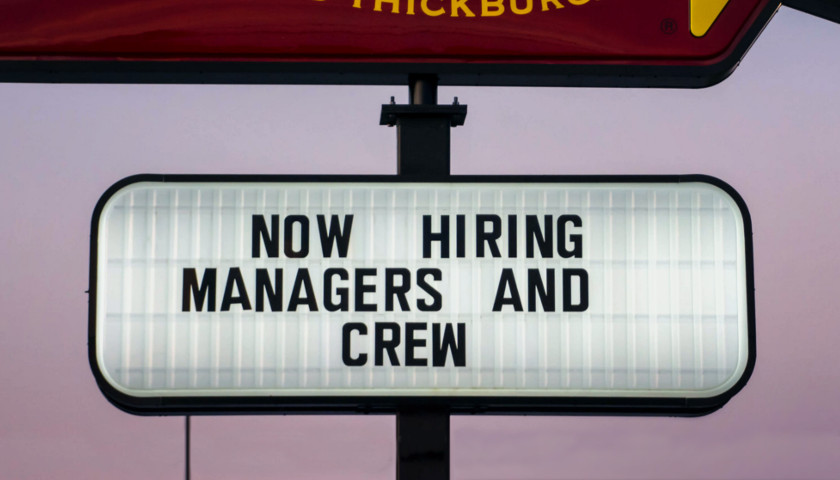A labor shortage across Connecticut has caused issues as employers are having difficulty finding qualified job applicants, hampering efforts to emerge from the COVID-19 pandemic, one industry expert said.
Chris DePentima, president and CEO of the Connecticut Business and Industry Association, said in a statement the state has 41% more job openings than before the pandemic, but over that same period of time more than 45,000 people have left the workforce.
Read the full story





